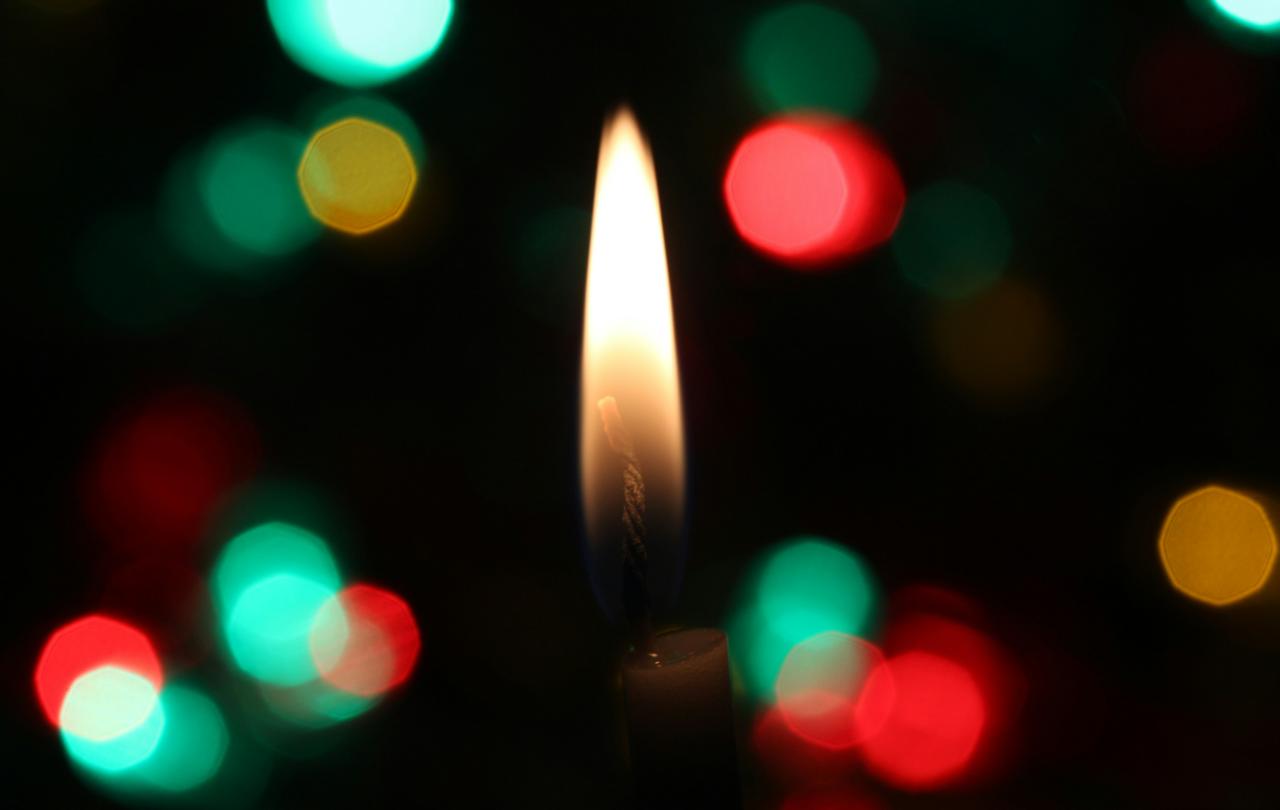
In my local supermarket a new foodbank collection trolley has appeared with this sign,
“Gift a toy this Christmas…give a gift this Christmas to those who need it most.”
Setting aside the usual ethical dilemma presented by the existence of foodbanks (why do they exist in such a wealthy country?), the sign prompted a thought on the nature of joy. What is more joyful than the surprise of an unexpected gift? After all, Christmas is around the corner, “Joy to the world!”.
That thought came to mind when I was recently asked; how do we cultivate and foster joy? If I’m honest I was a little stumped by the question. What even is joy anyway?
We can too easily and readily conflate it with lesser feelings like happiness or pleasure, which by their nature seem to be fleeting, like a chocolate bar: here one moment, gone the next. Thinking about it, joy seems to be thrown into relief when it is set against one of its opposites: despair. We all know what despair looks like; loneliness, isolation, a hopelessness which can yawn like a great dark chasm, without edges to get purchase on, or without a hand to hold.
Christmas can be an especially potent time for despair. The days are short and often dimmed by heavy cloud and rain. Children’s expectation that Santa will bring all of the latest goodies drives parents into debt to make their hopes come true. Those in dire straits will struggle to scrape together the food that goes into the usual Christmas feast. This combination of dark days and high expectations can and does drive many further into despair. It is this sense of aloneness, of the weight of the world heaped on your shoulders alone, which fuels despair.
This despair is not only reserved for Christmas. We see the climbing rates of anxiety, depression, and other mental health issues in the younger generations. Having been born into the age of the internet and growing up with social media, the temptation to compare with the heavily edited and curated lives of others, encouraged by the platform algorithms themselves, only serves to make young people feel increasingly alone.
This feeling is not helped by the propaganda of the age; that we are all rational, autonomous individuals, whose fulfilment looks like self-reliance, status, and wealth, without the need for anyone else. All this breeds the solipsism and nihilism that so often morphs into despair.
Foodbanks are the proof that this most basic constituent of joy is a struggle for many, from the sheer lack of food to share
What does this despair tell us about joy? If despair is in isolation, bearing our burdens alone, then joy is in being with other people. To return to that chocolate bar, if happiness (and perhaps the despair which comes from having no more chocolate bar) is scoffing it by ourselves, then joy is breaking off a part and sharing it with another. Human beings are naturally social creatures. It is in our very nature to live with one another. If we remain alone, closed off to others, then we nurture the despair that this breeds.
An incredibly simple way we remain connected to each other is by sharing food. If despair is the isolation from others then sharing food is the negation of this isolation. Sharing food is universally important, whether it’s the realpolitik of American high school films (the jock table vs the dork table and who’s allowed to sit with who, encapsulated perfectly by Mean Girls), or the mystical heights of the Christian eucharist. Who we eat with says who we are, with all the potential for exclusion the examples above show. But eating with others says what we are. Sharing food, especially in celebration at a time like Christmas, reminds us that our humanity is only ever shared. This reminder that we are not alone is not a fleeting happiness; it is a confirmation in our very flesh and bones that we are made of the same stuff, that we are never alone.
Many of us will have this joy as part of our everyday lives; foodbanks are the proof that this most basic constituent of joy is a struggle for many, from the sheer lack of food to share. The sign that appeared in my local supermarket is more proof that we already know how simple joy can be. Many foodbanks organise specifically festive food for this season, because we know that not only sharing food, but celebrating in that sharing is crucial to what it means to be human. Even in the morally mixed ecosystem of the foodbank, the need for joy shines through; sharing food in celebration is one of those antidotes for despair. In sharing our food we find our humanity, and what is more joyful than that?
Seen & Unseen is free for everyone and is made possible through the generosity of our amazing community of supporters.
If you’re enjoying Seen & Unseen, would you consider making a gift towards our work?





